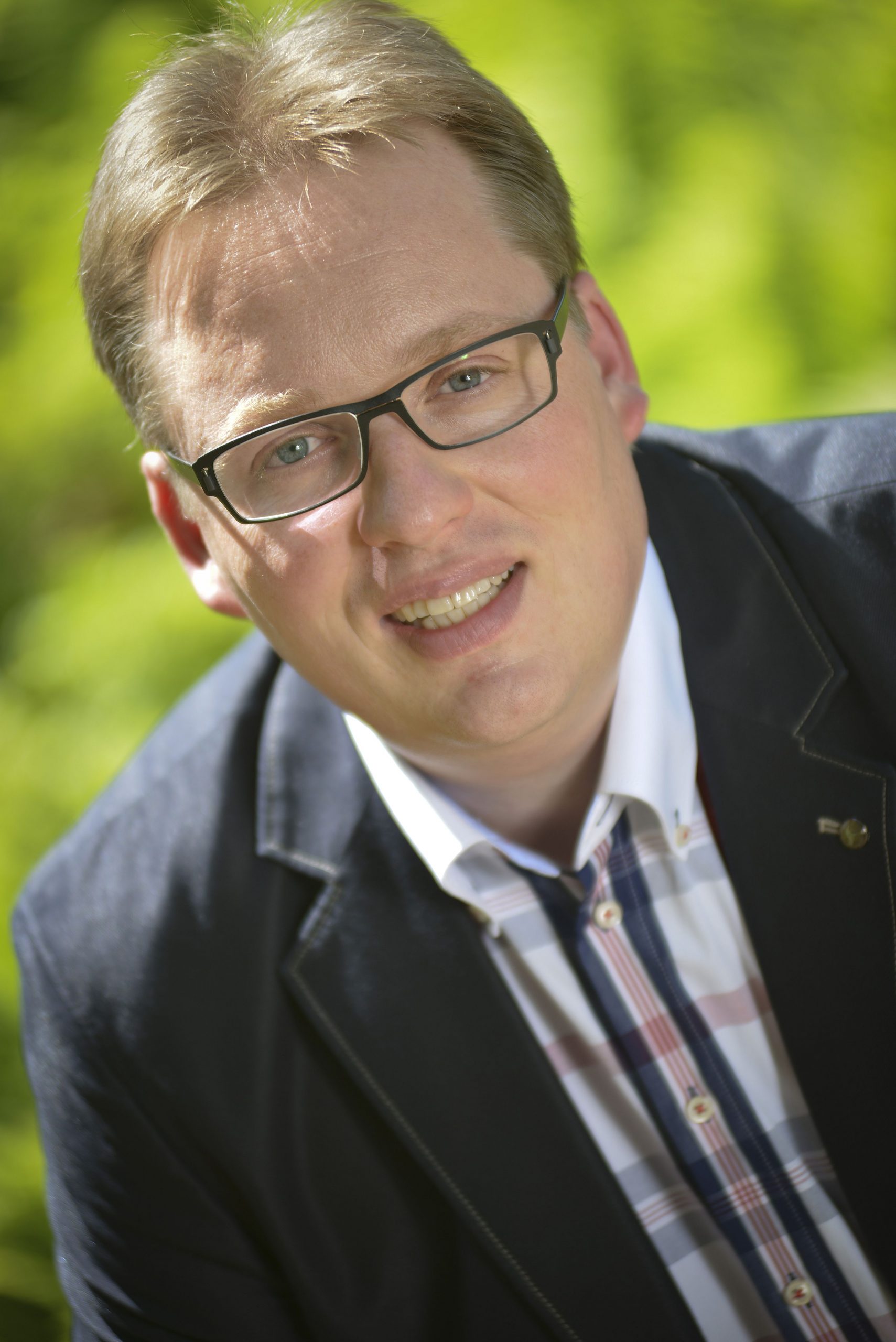Measuring the true scale of the Universe
The Heidelberg Institute for Theoretical Studies (HITS) is a beneficiary of the ERC Synergy Grant “UniverScale”. An international research team from Poland, France, Chile, and Germany aims to radically improve measuring astronomical distances by combining different methods.
One of the most challenging problems in astronomy is the measuring of distances in the Universe. Knowing the distances to galaxies is fundamental for many astrophysical investigations. European Research Council (ERC) has granted 13.9 million Euros to the “UniverScale” project of an international research team. The project is titled “sub-percent calibration of the extragalactic distance scale in the era of big surveys.” Apart from the principal investigators from Poland, France and Chile, HITS also participates in the project as a beneficiary.
The Astroinformatics group led by Kai Polsterer will focus on estimating the distances to galaxies which are located very far away, considered by astronomers as the early universe, about 12,000 million years ago. They will bring in their expertise in statistics and theoretical models, and work along with the astrophysicist and future HITS member Francisco Pozo Nuñez, who is an expert in reverberation mapping – a method to estimate the mass of black holes that they refined for the use of mapping galaxies. For this contribution, the ERC has allocated 750,000 Euros.
The galaxies of the early Universe are extremely luminous due to the explosions occurring in the vicinity of the supermassive black holes in their centers, in the so-called AGN (active galactic nuclei). The Astroinformatics group, together with Francisco Pozo Nuñez, further develop the reverberation mapping method. The researchers want to estimate the light travel time or “echoes” originated from different regions in the accretion disk of such powerful galaxies. The energy flux from those supermassive black holes, combined with the echoes of light, will provide a very high precision, and a completely independent, estimation of the distances to those galaxies. The distances will allow astrophysicists to study the cosmic history of the universe until today. These investigations may help to put constraints on the nature of dark energy.
Press Contact:
Dr. Peter Saueressig
Head of Communications
HITS Heidelberg Institute for Theoretical Studies
Phone: +49-6221-533-245
peter.saueressig@h-its.org
Scientific Contact:
Dr. Kai Polsterer
Astroinformatics Group (AIN)
Heidelberg Institute for Theoretical Studies (HITS)
About HITS
HITS, the Heidelberg Institute for Theoretical Studies, was established in 2010 by physicist and SAP co-founder Klaus Tschira (1940-2015) and the Klaus Tschira Foundation as a private, non-profit research institute. HITS conducts basic research in the natural, mathematical, and computer sciences. Major research directions include complex simulations across scales, making sense of data, and enabling science via computational research. Application areas range from molecular biology to astrophysics. An essential characteristic of the Institute is interdisciplinarity, implemented in numerous cross-group and cross-disciplinary projects. The base funding of HITS is provided by the Klaus Tschira Foundation.
